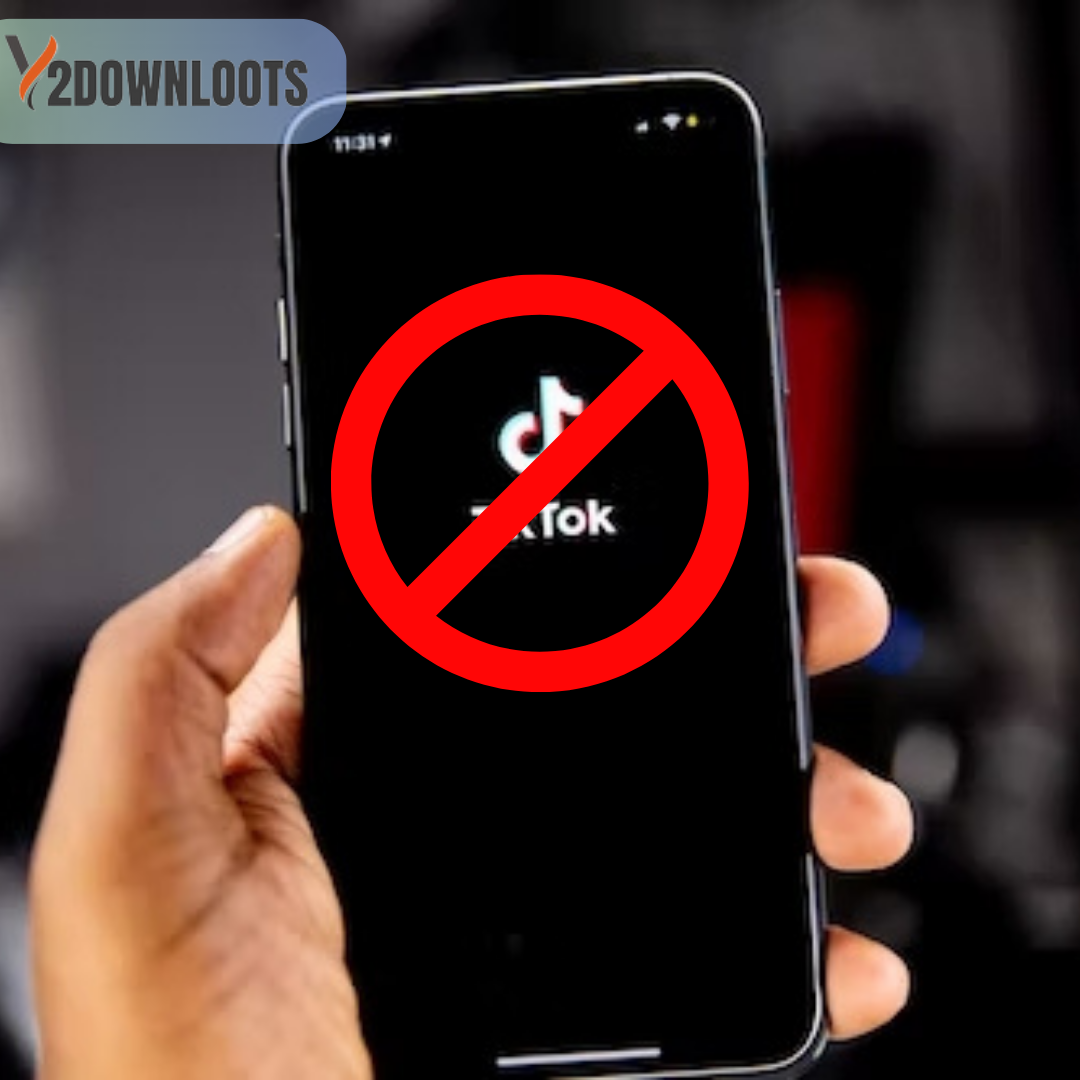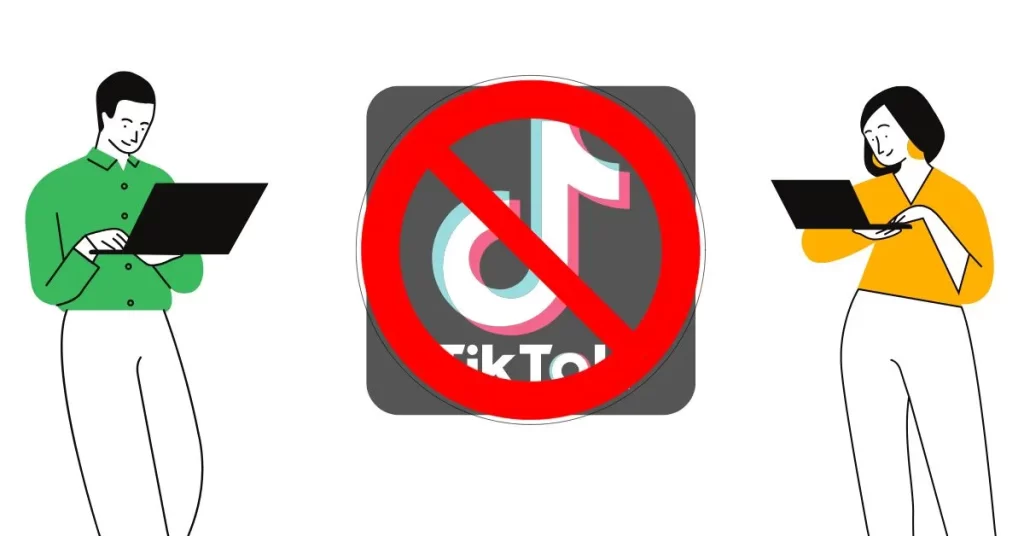
TikTok Faces National Security Concers in US
The popular social media app TikTok has come under scrutiny from lawmakers due to national security concerns. Last week, a poll revealed that over 60 percent of Gen Xers and Baby Boomers in the United States would support shutting down TikTok.
Yahoo Finance senior columnist Rick Newman does not believe a full-out ban is likely to occur. He points out that TikTok has 150 million American users, which is about 45 percent of the U.S. population, and most of them are under the age of 35. Only around 5 or 6 percent of members of Congress use TikTok, so it is not an issue that they are particularly familiar with.
Newman also notes that Democrats see young people, who make up a large portion of TikTok’s user base, as decisive in the 2022 midterm elections. Therefore, he believes that there is almost zero chance of a bill passing through Congress that would ban TikTok, as it could result in losing millions of voters forever.
The Commerce Secretary, Gina Raimondo, has argued that banning TikTok would be a mistake, as it would result in the loss of millions of users. Although there is concern about the app’s Chinese ownership, Newman believes that there is little bipartisan agreement in Congress to do anything about it. While there is talk of possible legislation regarding social media, such as Section 230 of the Communications Decency Act, nothing has happened so far.
Newman does acknowledge that the threat of a ban may be useful, as it has prompted negotiations between TikTok and an agency called Cepheus to ensure that user data is not abused or shared with the Chinese government. Some proposals have been put forward, such as setting up a watchdog operation to monitor for any such activity. However, Newman stresses that there is currently no evidence that TikTok user data is being shared with the Chinese government.
Conclusion
While there is concern about TikTok’s national security implications, a full-out ban is unlikely to happen due to its large user base and political implications. Nevertheless, discussions are ongoing to ensure that user data is not misused, and there may be potential for legislation regarding social media in the future.
